News
Crewman killed as oil tanker fire rages for second day off Sri Lanka coast

Colombo (AFP)
A Panamanian-registered oil tanker burned out of control for a second day off Sri Lanka on Friday as authorities confirmed a Filipino crew member was killed in an explosion and fears grew of a major new oil spill in the Indian Ocean.
Sri Lankan navy and Indian coastguard vessels fired water cannon at the blaze on the New Diamond, which issued a distress call Thursday after its engine room exploded.
A Sri Lankan helicopter was dropping water from the air on the blaze at the rear of the vessel.
The fire had not spread to the 270,000 tonnes of crude and 1,700 tonnes of diesel the tanker is carrying, Sri Lanka’s navy said.
“Preliminary information from the ship’s crew confirmed that a Filipino seaman on board had died in a boiler explosion,” the navy said in a statement.
All but one of the 23-member crew — 18 Filipinos and five Greek nationals — were rescued on Thursday.
The ship’s third officer, also a Filipino, had suffered burn injuries and was taken to the Kalmunai hospital, 360 kilometres (225 miles) east of the capital Colombo. His condition was stable, the navy spokesman said.
Neighbouring India has sent warships and coastguard vessels to help with the rescue, while Sri Lanka’s air force deployed a helicopter to douse the flames.
The tanker was about 60 kilometres (38 miles) from Sri Lanka’s east coast when it sounded the alert and during the night drifted 10 kilometres closer.
Sri Lanka’s navy said it believed there was no immediate danger to the coastline but remained concerned about the possibility of oil leaking.
The New Diamond is classified as a very large crude carrier (VLCC), and is about 330 metres (1,080 feet) long.
The stricken vessel is a third larger than the Japanese bulk carrier MV Wakashio, which crashed into a reef in Mauritius last month leaking over 1,000 tonnes of oil into the island nation’s picturesque waters.
The New Diamond had been taking the crude from Kuwait to the Indian port of Paradip.
News
A comprehensive transformation beyond education reforms is needed – Prime Minister
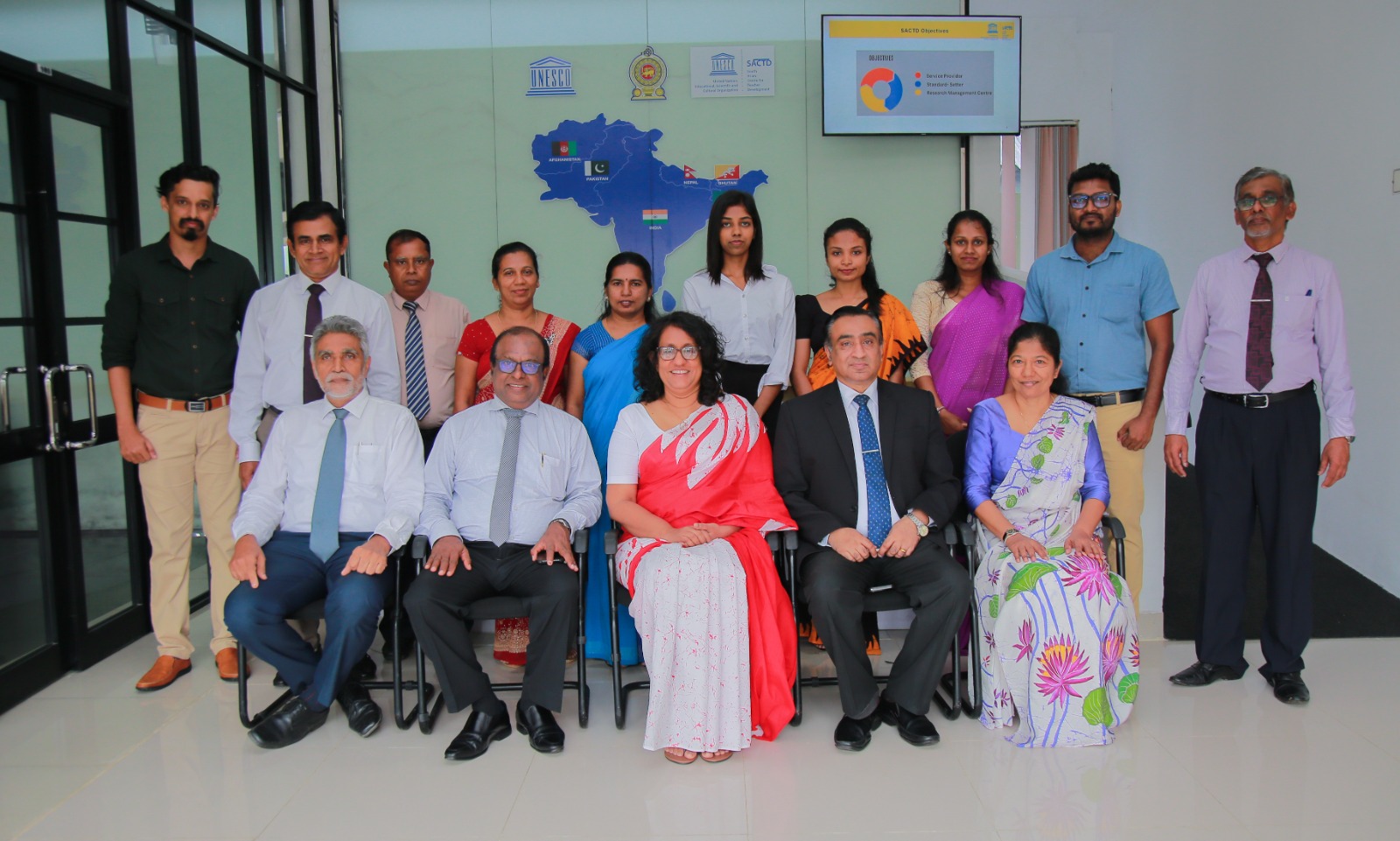
The people are demanding a comprehensive transformation beyond education reforms, the gap between schools should be closed and a systematic program is needed to regulate private degree institutions, said the Minister of Education, Higher Education and Vocational Education, Prime Minister Dr. Harini Amarasuriya.
The Prime Minister said this during discussions with senior officials of institutions affiliated to the Ministry of Education, Higher Education and Vocational Education, namely the Asian Teacher Development Center, the National Education Commission, and the Non-Governmental Higher Education Sector.
Pointing out the need to close the gap between schools, the Prime Minister also urged the officials to consider it a national responsibility beyond a job.
The Prime Minister emphasized that a comprehensive educational transformation beyond the educational revolution that took place with the Kannangara education reforms is needed, and that the current government is committed to achieving it.
Pointing out the need for a national education management system, Prime Minister Dr. Harini Amarasuriya recalled the need for a future generation that is compatible with the modern technological world that covers all fields.
Her attention was also drawn to protecting children from fraudulent degree institutions, the legal framework for that, and the quality of non-state higher education institutions.
The event was attended by Secretary to the Ministry of Education, Higher Education and Vocational Education Nalaka Kaluwewa, Director General of the Meepe South Asian Teacher Development Center Kamal Pathmasiri, Additional Secretary of the Non-Governmental Higher Education Division Chandima Janaki, Chairperson of the National Education Commission Padmini Ranaweera and a group of senior officials of those institutions.
[Prime Minister’s Media Division]
Latest News
Swimming mouse among 27 new species discovered in Peru
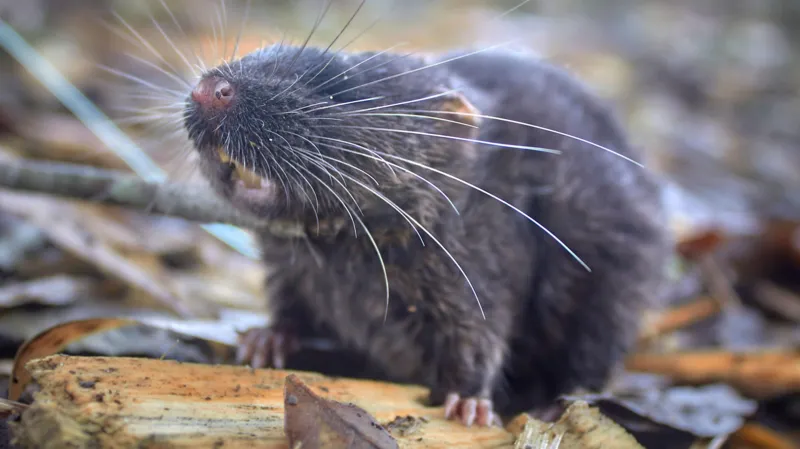
An amphibious mouse with webbed feet and a blob-headed fish are among 27 new species scientists have discovered in Peru.
They were found in an expedition to Alto Mayo – which includes the Amazon rainforest – by scientists from the non-profit organisation Conservation International and members of local indigenous groups.
Up to 48 other new species may also have been found, although further study will be needed to determine whether they are new, Conservation International says.
“Discovering so many new species of mammals and vertebrates is really incredible, especially in such a human-influenced landscape,” said Trond Larsen, senior director at Conservation International
Alto Mayo is a protected area in northern Peru with multiple ecosystems and Indigenous territories.
It has a relatively high population density, putting pressure on environmentalism through deforestation and agricultural expansion, Conservation International said.
Yulisa Tuwi, an Awajún woman who assisted with the research, said the report “allows the Awajún to protect our culture, natural resources and our territory”, as it gives them a better understanding of the ecosystems.
“The Awajún have extensive traditional knowledge about the forests, animals and plants they live side-by-side with,” Mr Larsen said.
The expedition also found a new species of dwarf squirrel. eight types of fish, three amphibians and 10 types of butterfly.
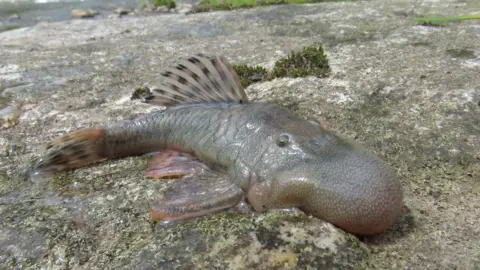
This “blob-headed” fish is a new discovery to science, but the Indigenous Awajún people who helped with the expedition were already aware of its existence.
The fish scientists were particularly shocked by its enlarged head – something they had never seen before.Ronald Diaz/ Conservation International
A new species of dwarf squirrel will also belong to a new genus, giving it a higher level of distinction
This dwarf squirrel measures just 14cm (5.5in), half the length of an average grey squirrel in the UK, which ranges from 24 to 29cm, according to the UK Squirrel Accord.
“It fits so easily in the palm of your hand. Adorable and beautiful chestnut-brown colour, very fast,” Larsen said. “It jumps quickly and hides in the trees.”
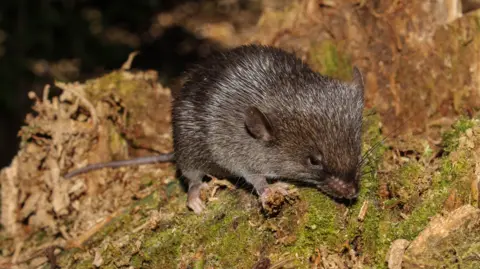
Scientists discovered a new species of spiny mouse – named after the especially stiff guard hairs found on their coats, which function similar to the spines of a hedgehog.
They also found a new “amphibious mouse”, which has partially webbed feet and eats aquatic insects.
It belongs to a group of semi-aquatic rodents considered to be among the rarest in the world, with the few species known to exist only spotted a handful of times by scientists.
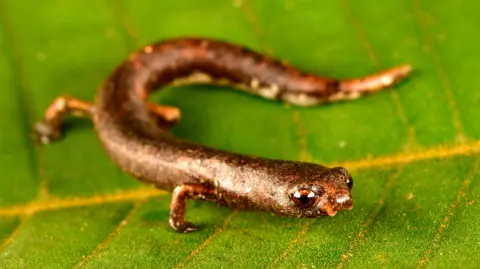
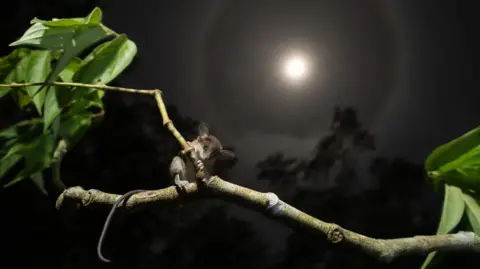
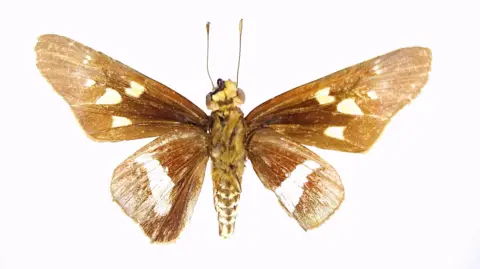
(BBC)
News
No agreement harmful to SL signed in India – Herath
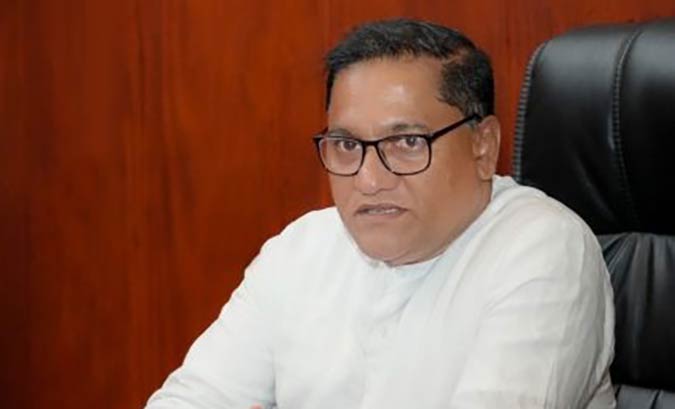
By Rathindra Kuruwita
The NPP government will not enter into any agreement that is detrimental to Sri Lanka’s economic development, and it will only sign agreements that provide mutual economic benefits, Foreign Minister Vijitha Herath says.
Addressing a media briefing at the Government Information Department, yesterday, Minister Herath said Sri Lanka and India had not agreed to lay an oil pipeline between the two countries or connect their national electricity grids during President Anura Kumara Dissanayake’s recent visit to India.
No new agreements had been signed, Minister Herath said, adding that only a Memorandum of Understanding had been signed to avoid double taxation and train Sri Lankan civil administrators in India.
“There are many proposed and ongoing Indian power and energy projects in Sri Lanka, but some of these face technical challenges. Under the previous administration, the Ceylon Electricity Board and an Indian company signed an agreement to implement the Sampur solar power project. During the visit, we agreed that this project should proceed,” Herath said, noting that discussions would continue on procuring liquefied natural gas from India and advancing joint wind power projects. He stressed the importance of promoting solar and wind energy projects, adding that Sri Lanka must export surplus electricity.
“To export energy, we must collaborate closely with India. We plan to do so within the framework established by the Bay of Bengal Initiative for Multi-Sectoral Technical and Economic Cooperation (BIMSTEC). We have agreed to base discussions on this,” he explained.
The government has also agreed to further discussions among India, Sri Lanka, and the UAE on implementing a multi-product pipeline from India to Sri Lanka to ensure the supply of affordable and reliable energy.
“We have not agreed to construct any pipeline. There is a proposal in place, and we have only agreed to participate in discussions. Additionally, we have agreed to continue talks on the joint development of offshore wind power potential in the Palk Strait, with a focus on environmental protection, including the preservation of flora and fauna,” he said.
Herath also mentioned that during Udaya Gammanpila’s tenure as Minister of Power and Energy, Sri Lanka and India agreed to develop 61 oil tanks at the Trincomalee tank farm. Currently, Sri Lanka operates 24 tanks, while 15 are managed by the Indian Oil Corporation (IOC).
“When Gammanpila was the Minister, Sri Lanka agreed to jointly develop the remaining 61 tanks. We have agreed to continue discussions on renovating these tanks,” he said.
The Foreign Minister emphasised that the government had not agreed to sign the Economic and Technology Co-operation Agreement (ETCA). “We will not sign any agreement that hinders our economic development. Agreements will only be signed if they provide economic benefits to both parties,” he asserted.
He added that an early finalisation of the proposed bilateral Social Security Agreement between the two countries was also agreed upon. “Many Indians work here, and many Sri Lankans work in India. We aim to ensure that these individuals have access to their legitimate labour and social rights. This is not a security agreement in a military sense,” he clarified.
-

 Opinion6 days ago
Opinion6 days agoDegree is not a title!
-
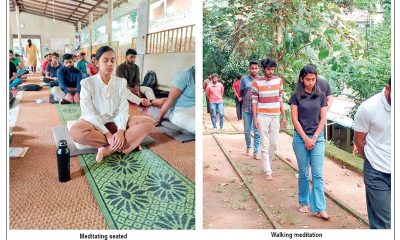
 Features7 days ago
Features7 days agoSpiritual Awakening of a Village
-
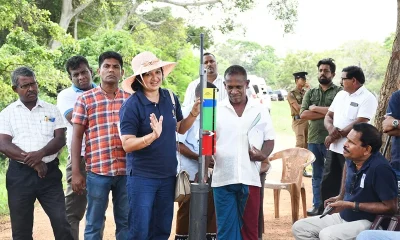
 News5 days ago
News5 days agoInnovative water management techniques revolutionising paddy cultivation in Lanka
-

 Features7 days ago
Features7 days agoRevisiting the role of education in shaping shared futures
-

 Features4 days ago
Features4 days agoThe Degree Circus
-
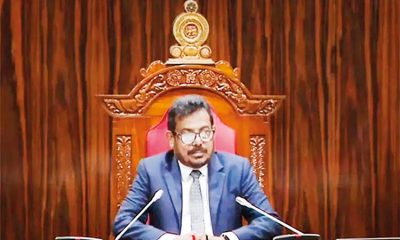
 Features7 days ago
Features7 days agoThe Silence of the Speaker and other matters
-

 Editorial6 days ago
Editorial6 days ago‘Compass’ under the microscope
-

 Editorial7 days ago
Editorial7 days agoPerks and privileges











